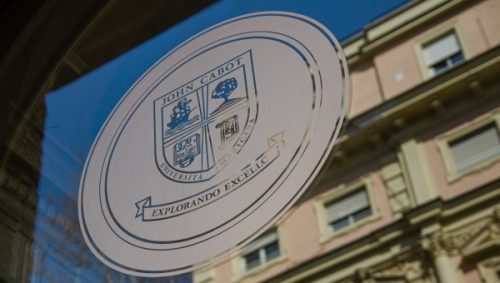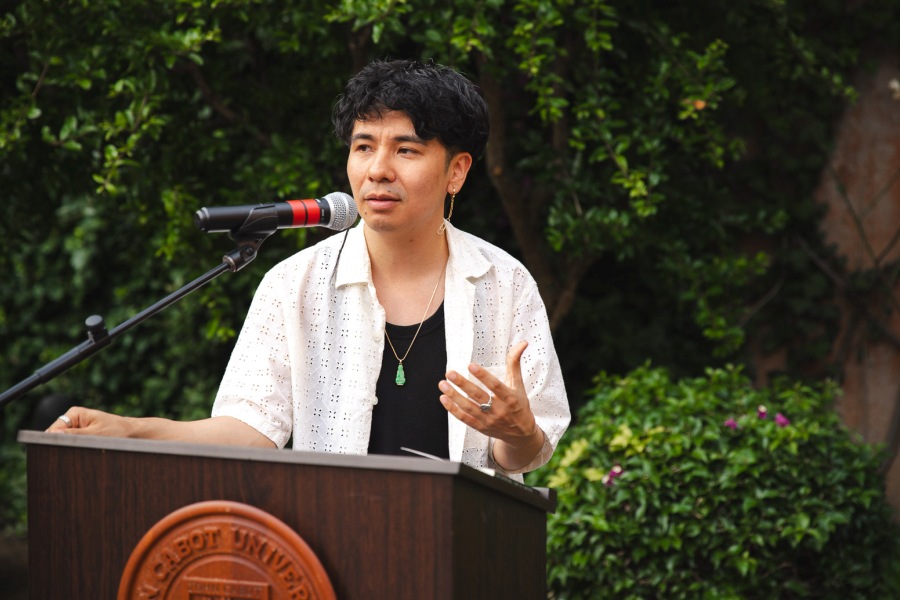JCU Announces "Digital Humanities in Practice" Talk Series
The JCU Department of English Language and Literature, and the Department of Mathematics, Natural and Applied Sciences are pleased to announce the launch of “DH@JCU2023 – Digital Humanities in Practice.” Digital Humanities in Practice is a series of talks with digital humanists who will present their projects to the JCU community.

John Cabot University Critelli Campus
Digital Humanities is a field of study concerned with the intersection of computing and the traditional humanities disciplines such as literature, history, and philosophy. It involves investigation, analysis, synthesis, and presentation of information in electronic form.
To address the growing interest in digital humanities and the need to develop digital literacy skills and knowledge, this series of talks will guide participants through various areas of digital practices, from text encoding to image processing, from book history to digital editing and mapping, helping them understand what happens when the humanities intersect with computing and digital technologies.
On February 21, 2023, the first talk of the series will take place in the Aula Magna Regina, with Fabio Ciambella as guest speaker. Ciambella is a researcher at the Department of European, American, and Intercultural Studies at the Sapienza University of Rome. His talk is called “Corpus Linguistics.”
The second event of the series will be held on March 14, and will feature a talk by Bogdan Popescu. Popescu, who is Assistant Professor of Political Science at John Cabot University and Oxford University, will deliver a talk called “God save the Queen’s English! Economic Origins of Class, Language, and Brexit.”
Tamara Mchedlidze, Assistant Professor of Computer Science at Utrecht University, will be the third guest. On March 30, she will deliver a talk called “Visualization of Large Opinion Spaces.”
On April 11, the talk “Mapping the Aegean: Cristoforo Buondelmonti’s Liber Insularum (15th century) and the Origins of Classical Archaeology” will be delivered by Benedetta Bessi, Marie Curie Fellow at Ca’ Foscari University Centre for Digital and Public Humanities (VeDPH), and Professor at Stanford University’s Department of Classics. The talk will be followed by a presentation of the master’s degree in Digital Humanities offered by Ca’ Foscari University, Venice, delivered by Franz Fischer, Associate Professor for Medieval and Humanist Latin Literature and Director of the Venice Centre for Digital and Public Humanities at Ca’ Foscari University.
Lastly, on June 6, Valeria Vitale, Lecturer in Digital Humanities at Sheffield University, will deliver a talk called “Machine Reading Maps. Representation and Reception of Historical Places.”





